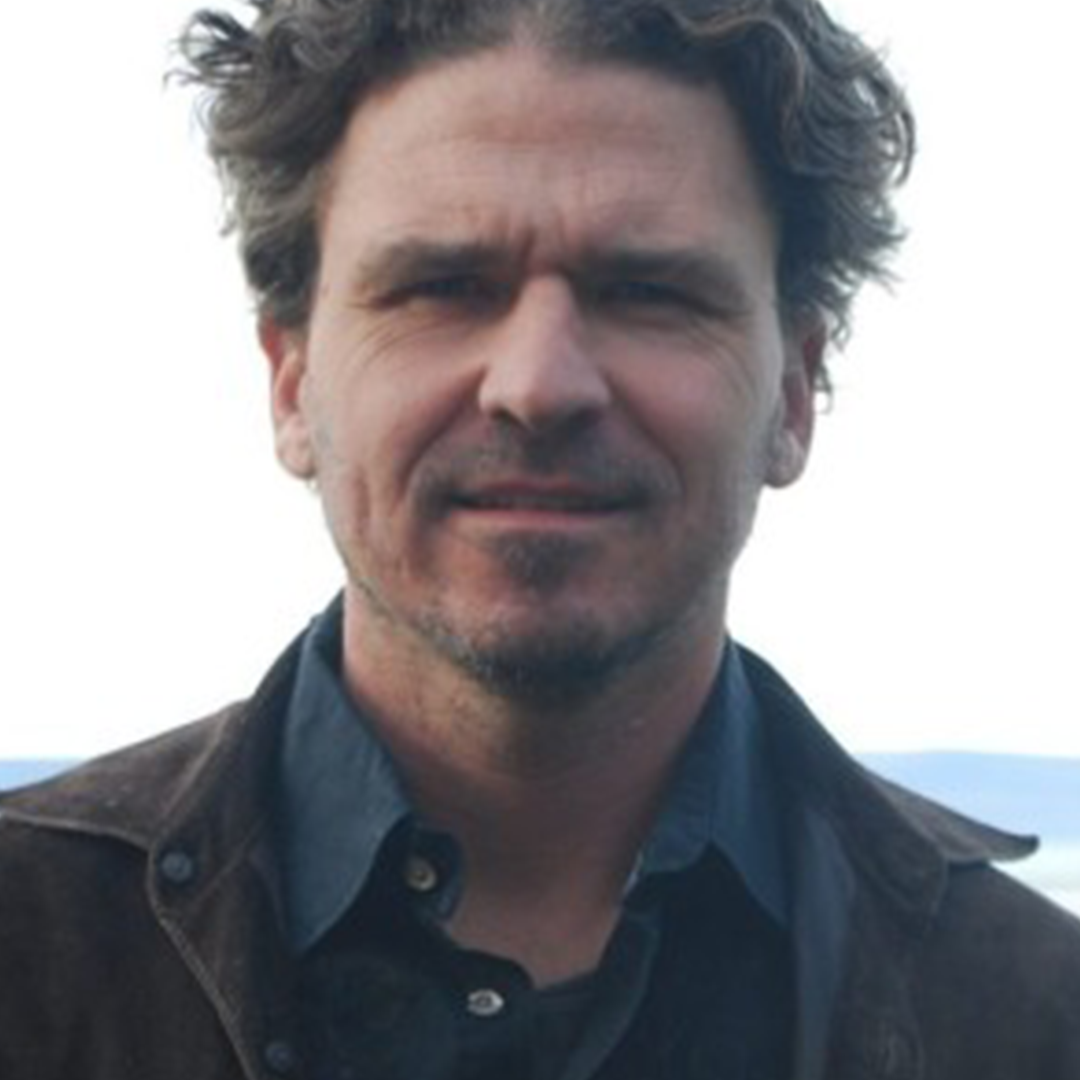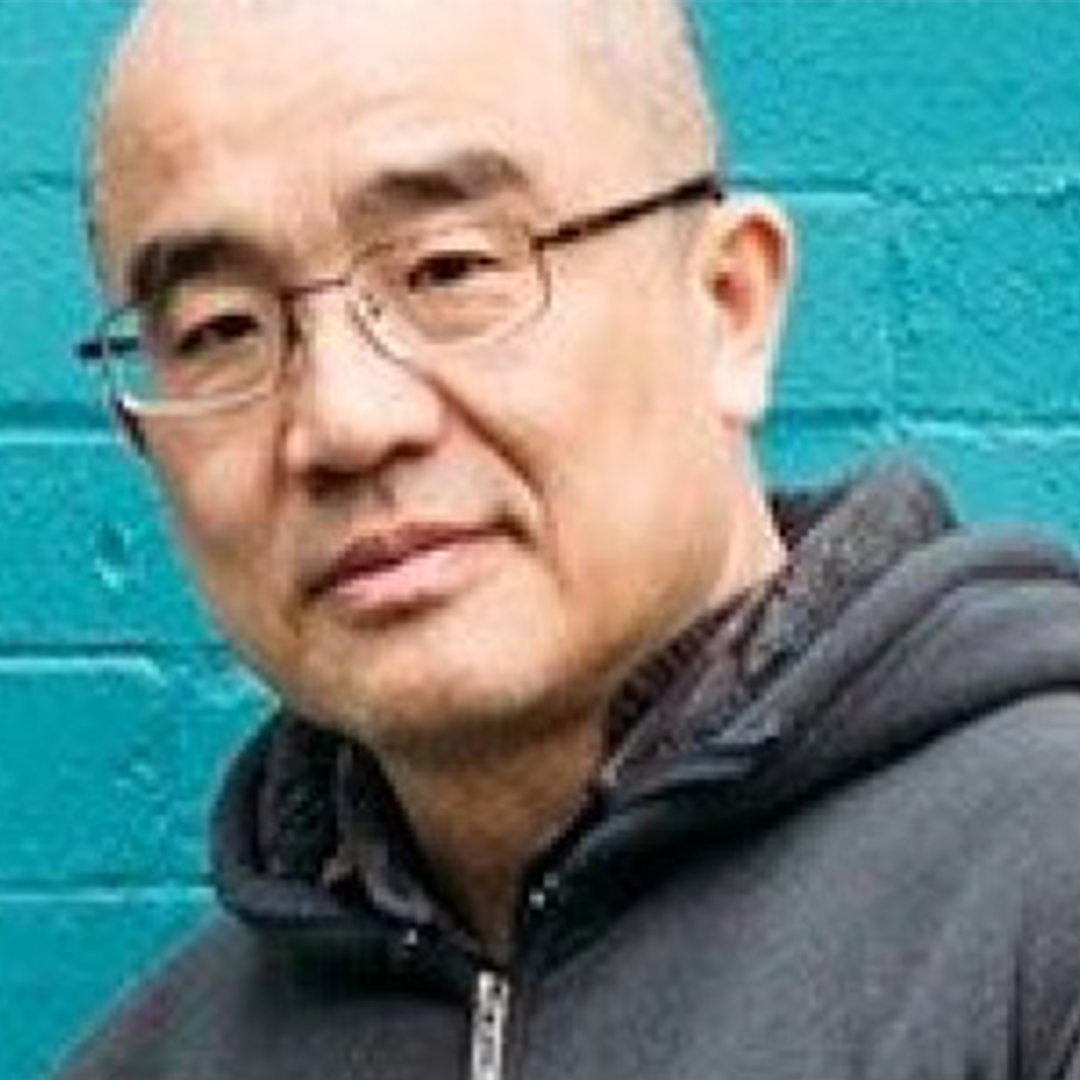The Disappeared
FEATURING

Dave Eggers
Writer

Lisa Appignanesi
Writer and campaigner

Xue Yiwei
Writer and academic
FEATURING

Writer

Writer and campaigner

Writer and academic
[vc_row][vc_column][vc_single_image image=”114590″ img_size=”full”][/vc_column][/vc_row][vc_row][vc_column][vc_column_text]August is meant to be a quiet month for news. But this month has been anything but quiet.
Every day the world has been exposed to a new and sustained attack on our basic human rights. In every corner of the world, our collective rights to free expression and our freedom of association seem to be under siege. And for too many, the most basic of our human rights – our right to life, to live in peace – is, too often, not considered a right at all by those who will use any tool at their disposal to retain their power and the status quo.
It seems that at any given time, there is always at least one government, one repressive regime or a non-state actor using their power to remove the rights of citizens.
The results are heart-breaking to watch and devastating for the families that are torn apart and left scared and isolated.
This week alone, we have seen images of a teenager from Sudan who drowned as he tried to get to the UK to plead asylum – a 16-year-old who was fleeing war and a military regime.
In Russia, the leader of the opposition, Alexei Navalny, is in a coma after reportedly being poisoned as he travelled back to Moscow. His wife is being refused access to his hospital bed.
The first-hand account from a Uighur teacher who had been exposed to the Xinjiang concentration camps was published this week. It is a harrowing personal testimony of a genocide.
In Hong Kong, the impact of the national security law continues to be felt far and wide with arrests and intimidation now being deployed to silence dissenters. And its reach is now being felt outside of China. On university campuses around the world, professors and academics are starting to consider the impact their teaching will have on Chinese students. Knowledge has become a vulnerability for too many Chinese students as they return to Hong Kong. Seats of academic enlightenment and learning are having to change what they teach and how they teach it in order to protect their students – this is not acceptable.
And of course, we have followed in horror what is happening in Belarus, on European soil, as Lukashenko refuses to leave office and hold free and fair elections. Journalists arrested, protestors tortured and artists and musicians sacked for standing up to the regime.
These are the stories which have held the news cycle and grabbed our attention. However, for each example I cite there are a further dozen cases of tyranny that need to be exposed and challenged, in every corner of the earth. And yet, woven through each of these affronts to our basic rights is a single thread of brave men and women who refuse to be silenced. A cadre of freedom fighters determined to protect their rights and ours. They do not know each other and they likely never will meet but they are fighting the same fight. They are holding back the tide of tyranny and they are risking everything to do so.
The question for all of us is what can we do to help? How can we support people on the other side of the world as they stand up to tyrants? How can we make sure they know that we stand with them?
At Index, it is our role but also our responsibility to stand with them. To tell their stories, to publish their work, to make sure that the world knows what is happening to them. But to do that we need your help. We need your support, emotional and of course financial. Behind each of these headlines is a person, a family, a life. Their lives are as valuable as ours but their journeys are at the moment just too hard. To support them we need your help – please donate to Index, just a five pounds a month will enable us to tell someone else’s story.[/vc_column_text][vc_btn title=”Donate to Index” color=”danger” size=”lg” link=”url:https%3A%2F%2Fwww.indexoncensorship.org%2Fregular-donation-form%2F%3Famt%3D%25C2%25A35|||”][/vc_column][/vc_row][vc_row][vc_column][three_column_post title=”You might also like to read” category_id=”13527″][/vc_column][/vc_row]
[vc_row][vc_column][vc_column_text]Since the introduction of the National Security Law on 30th June basic human rights in Hong Kong have been under constant attack. Democracy movements have been forced to disband, Occupy leader Benny Tai was sacked from his position at Hong Kong University, news outlets have been raided by the police, peaceful protest has been all but banned and a new ‘approved’ media policy implemented. In the last week alone we have seen nine journalists arrested, including the founder of the Hong Kong news outlet Apple Daily Jimmy Lai, and a freelancer for ITV news Wilson Li.
This is a heartbreaking attack on a population which is proudly democratic and cherishes core human rights. Index was established to shine a light on repressive regimes and we will continue to highlight the abuses happening in Hong Kong by the Chinese government. We won’t be silent and we stand with the people of Hong Kong. We call on the British government to do the same; they need to intervene as a matter of urgency to protect the universal human rights that were enshrined in the Sino-British Joint Declaration on Hong Kong signed in 1984. Every action by the Chinese government in recent weeks has broken both the spirit and the letter of this agreement.[/vc_column_text][/vc_column][/vc_row]
[vc_row][vc_column][vc_single_image image=”114148″ img_size=”full” add_caption=”yes” alignment=”center”][vc_column_text]Following the news this week has been harrowing. Beyond the ongoing awful deaths from Covid-19 and the daily redundancy notices we also now have some governments turning against their citizens. Free speech around the world, or rather the restrictions on it, have dominated nearly every news cycle and behind each report there have been inspiring personal stories of immense bravery in standing up against repression.
While there have been government orchestrated or sanctioned attacks on free speech across the globe, from Turkey to Poland, Brazil to Kashmir, the most stark has been the appalling attack on human rights in Hong Kong. The Chinese government has dealt a fatal blow to the “one country, two systems” pledge. In the hours that followed the government enacting its new National Security Law for Hong Kong, hundreds of people deleted their social media accounts for fear of arrest. Pro-democracy campaigners have shut up shop in the fear of life imprisonment and journalists on the ground are under huge pressure to curtail their reports.
In spite of the very real threat of arrest, however, thousands of people have taken to the streets to demand their human rights to free association, to free speech and to a life lived without fear of tyranny. Their actions, their bravery and their determination should inspire us all and I’d urge you to read the words of our correspondent from Hong Kong, Tammy Lai-Ming Ho. Events in Hong Kong need to generate more than just a hashtag – we need action from our governments. And we all must stand with Hong Kong.
As events developed in Hong Kong other national leaders were also moving against their populations. On Monday, the Ethiopian musician and activist Haacaaluu Hundeessaa was murdered. Hundeessaa’s music provided the living soundtrack to the protest movement that led to the former prime minister’s resignation. In the hours that followed Hundeessaa’s murder 80 people were killed and the government deployed the military in order to restrict protest and limit access to Hundeessaa’s funeral. They have also switched off access to the internet (again) to stop people telling their stories.
It is easy for us to miss the people behind these events. And in a world where oppression is becoming all too common, sustaining our anger to support one cause when the next outrage is reported can be difficult. But we cannot and will not abandon those who have shown such bravery in the face of brute force and institutional power.
Index was created to be “a voice for the persecuted” and with you we will keep being exactly that. Providing a platform for the voiceless and shining a light on repressive regimes wherever they may be.[/vc_column_text][/vc_column][/vc_row][vc_row][vc_column][three_column_post title=”Essential reading” full_width_heading=”true” category_id=”581″][/vc_column][/vc_row]